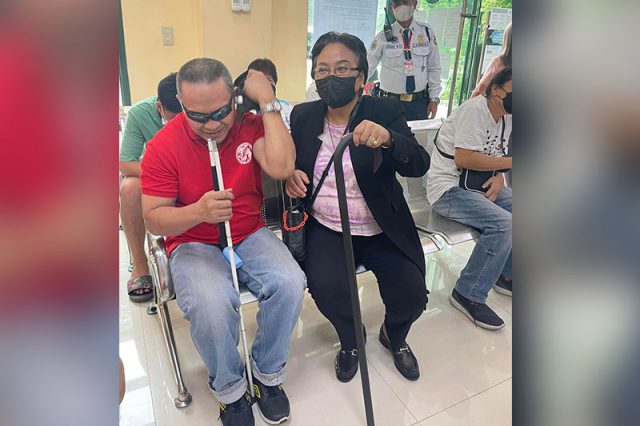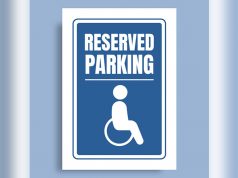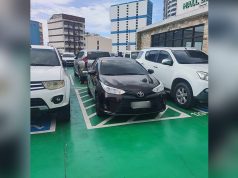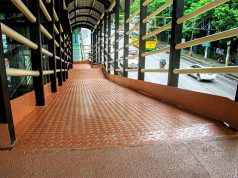
Former Comelec commissioner Rowena Guanzon, an advocate of persons with disabilities (PWDs), called on the public to refrain from referring to them as “disabled.”
She made the call on Twitter where she wrote, “Stop calling us ‘disabled.’ We are persons with disability (PWD) @P3PWD_PL.”
Guanzon also tagged the account of the P3PWD (Komunidad ng Pamilya, Pasyente at Persons With Disabilities) non-government organization.
Stop calling us " disabled." We are persons with disability (PWD) @P3PWD_PL
— Rowena Guanzon (@rowena_guanzon) September 4, 2022
Her post has earned over 1,600 likes as of writing.
Guanzon in a subsequent tweet said that PWDs could also be referred to as “differently abled” (or differently-abled).
Or differently abled. Thanks @MaamSyj https://t.co/swv3iZheNs
— Rowena Guanzon (@rowena_guanzon) September 5, 2022
Mary Ann McColl, a Queen’s University’s School of Rehabilitation Therapy professor, said that the public should “avoid objectifying” them by referring to them as “the disabled.”
“Our advice is to listen to how people talk about their disability themselves, and take your cue from them,” she said in a 2019 piece.
The Secretariat for the Convention on the Rights of Persons with Disabilities noted that the term “persons with disabilities” refers to the following:
All persons with disabilities including those who have long-term physical, mental, intellectual or sensory impairments which, in interaction with various attitudinal and environmental barriers, hinders their full and effective participation in society on an equal basis with others.
It called the terms “crippled” or “mentally retarded” “derogative,” while the words “wheelchair-bound” or “disabled persons” emphasize the disability before the person.
According to the National Disability Authority in Ireland, the term “the disabled” does not reflect the individuality, equality or dignity of people with disabilities.
It recommended the use of “people with disabilities” as an alternative term.
Meanwhile, the term “differently-abled” was created by the United States Democratic National Committee as an alternative to the word “handicapped.”
“Differently-abled” means “to be physically or mentally handicapped or disabled but to show qualities that the able-bodied do not have.”
“The expression is intended to avoid the perceived negative connotations of the prefix ‘dis’ in disabled,” Phrase Finder said.









